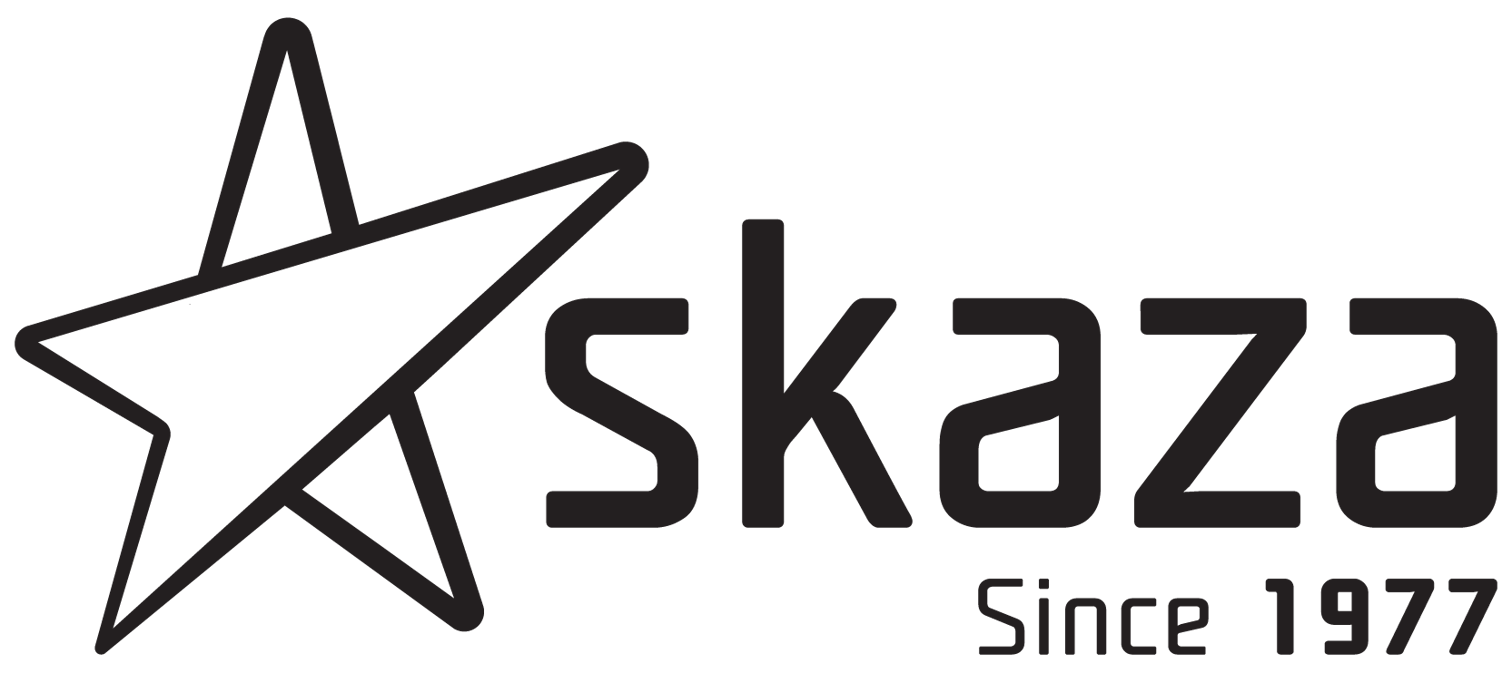Building a competitive advantage is easier with vertically integrated production than relying on external suppliers, regardless of their excellence. This fundamental principle guides the development strategy of Skaza. By 2027, the company plans to transition to a more vertically integrated system, enabling business expansion: “We aim to become a one-stop shop where customers can get everything they need in one place. Our expansion will focus on three key areas: tooling, machine building, and strategic components for the electrical industry,” emphasizes Niko Medved, Deputy Director of Skaza.

To realize this vision, the company has decided to acquire the Vidergar tool shop, which specializes in machine automation for product handling and final packaging. Additionally, they will acquire a company that manufactures strategic components for the electrical industry. “The goal of these acquisitions is to become a strategic supplier to our customers and strengthen competitiveness, contributing to the successful operation of all companies within the group,” adds Medved.
“The Skaza and Vidergar families have been collaborating for two generations, so the acquisition by Plastika Skaza d.o.o., also a family-run business, marks an important milestone for both parties. For our company, this means new growth opportunities, access to a broader market, and additional resources and expertise brought by a larger organization. At the same time, preserving family values and traditions ensures that the entrepreneurial spirit and care for employees and customers continue into the future. I am convinced that this merger will strengthen both companies' market positions and foster further development in the spirit of shared values,” says Robert Vidergar about the acquisition.
Establishing an In-House Tool Shop by 2027
The establishment of an in-house tool shop is planned for 2027, allowing for faster tool production, both serial and prototype, and increased flexibility and responsiveness. Additionally, it will reduce tooling production costs, which is crucial for enhancing competitiveness in the industry. The agreement with Vidergar, a reputable family-owned company with a long tradition and expertise in tooling, was signed at the end of December. “Their quality, innovation, and reliability convinced us that they are the right partner for us. Their stable revenues and commitment to development are additional reasons for this strategic partnership. They generate an annual revenue of 700,000 euros and have extensive experience in the development and design of single-component and multi-component tools for plastic products. In Velenje, we will ensure the appropriate machinery and equipment,” Medved explains the importance of this step.
The Importance of the "One-Stop Shop" Approach
"Until now, we have generated a significant share of our revenue from tooling, but we were dependent on external suppliers. By establishing our own tool shop, we will gain direct control over the entire tooling production process, improving flexibility, reducing costs, and shortening lead times. With further strengthening and investment in development, we will be able to offer our customers comprehensive solutions – from product concept to serial production implementation. Due to these reasons, we expect that, with Vidergar, we will surpass 1 million euros in operating revenue, while sales revenue is projected to exceed 3 million euros by 2027," explains Dr. Urban Feguš, Director of Strategic Development and Innovation.
Developing Competencies and the Role of Employees
Feguš highlights that Skaza’s current tool shop employs 11 people, but it is focused on maintaining the existing 780 active tools and facilitating quick transitions between production batches rather than producing new tools. “Developing a tool shop for tool manufacturing requires specific knowledge and skills, which is why investments in employee competency development are planned,” says Feguš. By 2026, five employees will focus on tool production, and by 2027, an additional ten employees are expected to be hired, specializing in the latest tool-making technologies.
Enhancing Competitiveness as a Development Supplier
Skaza’s strategy to become a "one-stop shop" means that in the coming years, the company will vertically integrate all processes, from developing new materials and tooling to injection molding and automation. This will make Skaza a comprehensive provider covering all aspects of new product development. Existing suppliers will be further integrated into the process by involving them in the early stages before the final product is fully defined. Feguš believes this approach will create better business opportunities and long-term stability for existing suppliers.
Employee Benefits
The establishment of an in-house tool shop brings numerous advantages for employees, creating new jobs for toolmakers, CNC operators, engineers, and technologists, as Feguš elaborates. “Employees in these new positions will have a direct impact on production improvements, product quality, and new product development, further strengthening the company’s competitiveness and ensuring long-term job security.”
Reducing Carbon Footprint with an In-House Tool Shop
"By optimizing tool design, we can reduce the amount of waste material during production. High-quality tool manufacturing extends tool lifespan and reduces the need for component replacements. We also minimize transportation needs from external contractors, contributing to lower CO₂ emissions," explains Feguš.
Strategic Market and Local Community Impact
Skaza’s strategic acquisition of Vidergar and its ambition to become a "one-stop shop" mark a significant milestone in the company’s development. This step will allow Skaza to offer comprehensive solutions essential for multinational corporations and other companies, providing access to a full range of services and solutions in one place, simplifying processes, and improving communication. Furthermore, the expansion of capacities and employee expertise will positively impact product and service quality.
On a micro level, such acquisitions and company growth positively influence job creation and infrastructure development. Higher tax revenues contribute to economic stability and increase investment opportunities in local communities. This strengthens the entire economy and promotes sustainable development, benefiting all stakeholders.

